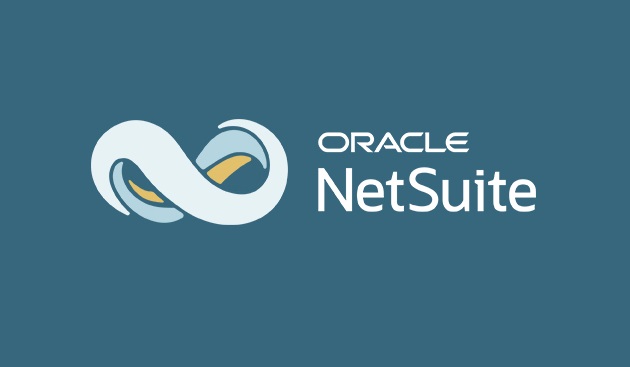If you were to draw a picture of today’s accounting landscape, you’d find technology front and center, hogging up all the attention. It’s not hard to see why it’s gained such a place of prominence. Technology is changing the way we do our jobs, and will only continue to do so at an increasingly rapid rate. However, technology will never be the alpha and the omega of accounting. While focusing on adapting to change is crucial, you need to go about it with an eye toward the qualities tech will never be able to replace.
Look a little closer at that landscape and you’ll find plenty of skills that humans bring to the table, skills that computing power can’t render obsolete. It’s these parts of the picture we all too often overlook. Leveraging these less talked-about aspects of your firm will prove key in an environment where simple computational savvy is becoming less and less marketable.
Do you need to understand and embrace how incoming innovations will change the way we do our jobs? Absolutely, but that’s not enough. You also must identify key services humans provide, cultivate them, and make them a key focus of your practice. Establishing yourself as a valuable advisor to clients is just as important to futureproofing as understanding how blockchain could change audits or AI will make data entry a thing of the past.
Compliance vs. Consulting
Accounting, has never been solely about getting the numbers right. Being able to consult clients on the way their numbers should inform their business decisions going forward has always been a valuable asset. In a world where technology is posed to make the compliance aspects of accounting a lot easier, consultation and advisory services will be a huge way firms differentiate themselves from competitors. As such, you want to begin asking yourself how skilled you are in this regard. How can you make analysis a more focal part of your practice?
The first point to understand about advisory services is that they must go beyond meat-and-potatoes insight to be valuable to your clients. “Good compliance-based services include advice – and most of it should be part of your engagement,” says Glenn Martin, owner of Avery Martin. “This is your job. Compliance with more regular reporting isn’t advisory, it is just providing numbers with guidance.” In other words, if you’re providing data points a business owner can interpret on their own, you’re not really in the advisory business.
Truly powerful consultation services take things a step further and learning things that may not seem the traditional purview of an accountant. Let’s say for example, you can project a retail client’s seasonal work influx for the holidays based on trends from the previous year. Then, what if you could use that data to help the client gauge how many seasonal employees to hire. That’s the sort of actionable insight that will burnish your reputation in the eyes of clients. As a bonus, interpretive work like this example is exactly the type of value computers are far from being able to provide.
The human side of accounting
In addition to turning numbers into wisdom, accountants need to be able to function as a trusted confidante to their clients. Having strong communication skills and interpersonal relationships are vital traits, even more now than before. Learning the art of a conversation, not just rushting through the business side of the conversation, but creating space for a relationship where the client feels safe to tell you their hopes, fears and struggles, is key to developing a true advisory relationship.
This encompasses many times delivering hard truthes to clients, however; if you are meeting regularly with your client and reviewing their numbers, it becomes a strategic, proactive conversation that is valued. No matter how advanced the technology becomes, what it can’t replace is the conversation, brainstorming new ideas and the human eyes it takes on the operational impact to the business, not just financial. When you are the person to help provide this kind of guidance, you stand to become more valuable, than less.
Trust and communication aren’t technology’s strong suits. No matter how advanced and futuristic our world becomes, computers are never going to understand a business a way a human being can. It begins with you. Rolling up your sleeves and diving into the business, asking the questions that no one but you would know to ask, providing an understanding of your client’s businesses and how their accounting data can guide them toward future success.
The yin and yang of tech
To really prepare yourself for the future of accounting, whatever that future may look like, you need to see the picture from both angles. On the one end, you need to know what technology is coming down the pipe and how it will affect the way you do your job. On the other, you need to recognize what tech can’t do and how you can use that to your advantage. When those two concepts begin to work in concert, and you dedicate the right amount of time to learning new skills and improving the ones you already have, you set yourself up for a bright future ahead.
====
As a CPA, Yogi and Technologist, Amy draws from her unique work-life lessons — backed by scientific research and thousands of hours helping business leaders be successful — to give your audience life-changing insights and actionable tools to live a more fulfilled, connected, and successful life at work and home.
Thanks for reading CPA Practice Advisor!
Subscribe Already registered? Log In
Need more information? Read the FAQs
Tags: Digital Currency





